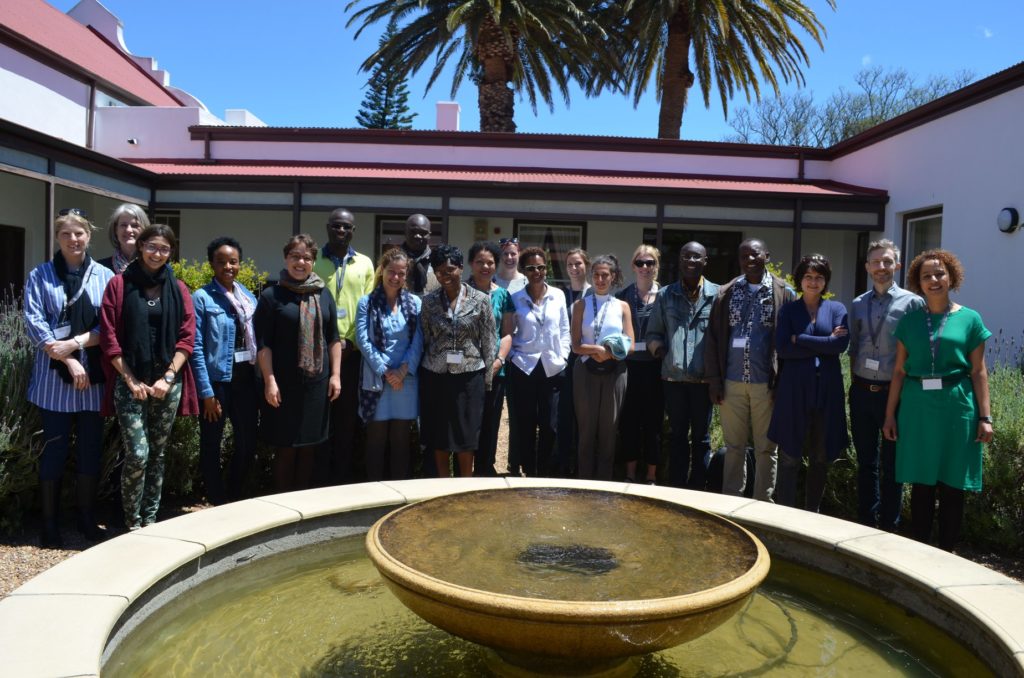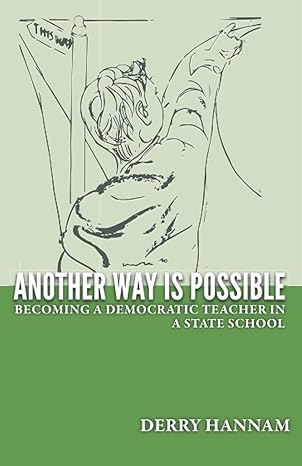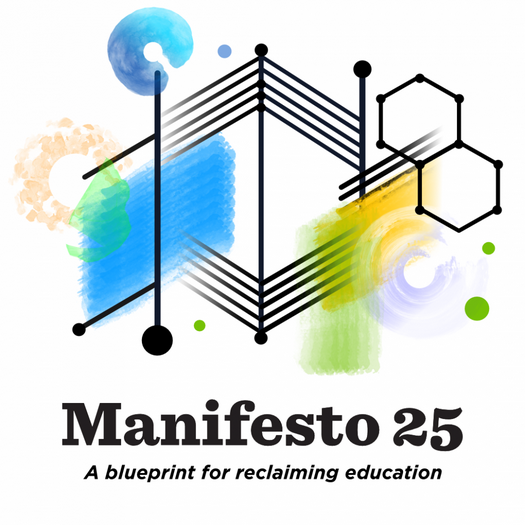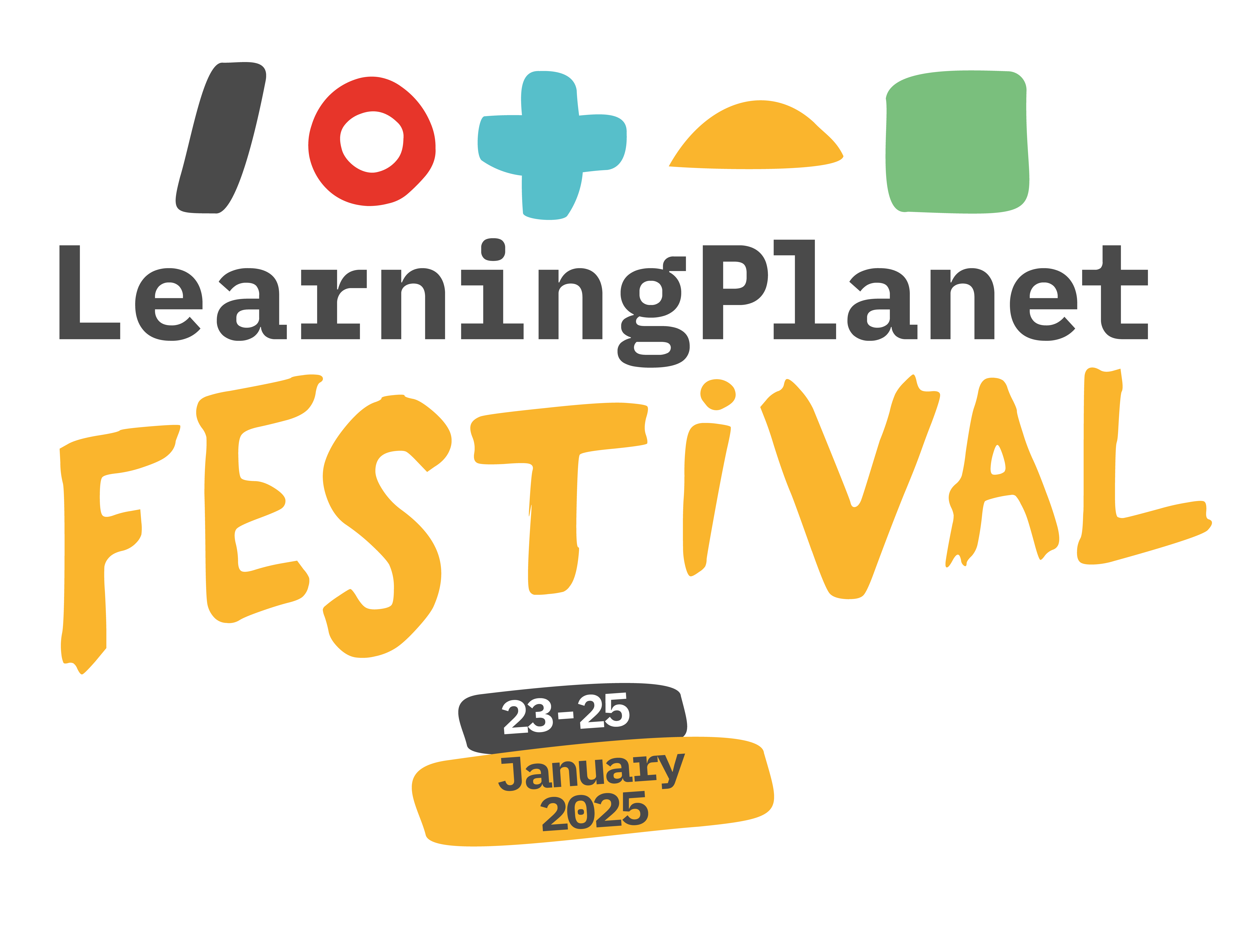Lena Kraus- The beginning of these “news” dates back to November 2018, when I traveled to South Africa to speak at a conference. The conference, Narratives of Achievement in African and Afroeuropean Contexts took place at the Stellenbosch Institute of Advanced Studies and the University of Cape Town and various scholars from all over the world attended in order to speak about the topic from the perspective of their research area. This interdisciplinarity made for a very varied and interesting programme, and I saw it as a great chance to speak about Democratic Education in an academic context.
One of the criticisms Democratic Schools often face is that they are exclusive, and therefore, there is a lack of diversity in their student bodies. On the first glance, this assumption seems correct, and the fees parents have to pay to send their child to a Democratic School make for an easy explanation: Democratic Schools are mostly private (fee-paying) schools. The monetary aspect certainly is a hurdle, yet, asking staff of Democratic Schools, it’s obvious that most, if not all of them, have taken measures to encourage parents who are unable to afford the fees to apply anyway. They have systems in place to make attendance affordable for all children, like bursaries or solidarity structures. Diversity and Equality are central values within Democratic Education contexts. Thus, while money remains a significant barrier, I argue that it is not sufficient as the only explanation for a rather homogenous student population at Democratic Schools. Looking into concepts of achievement might yield important results with regard to additional, less obvious reasons.
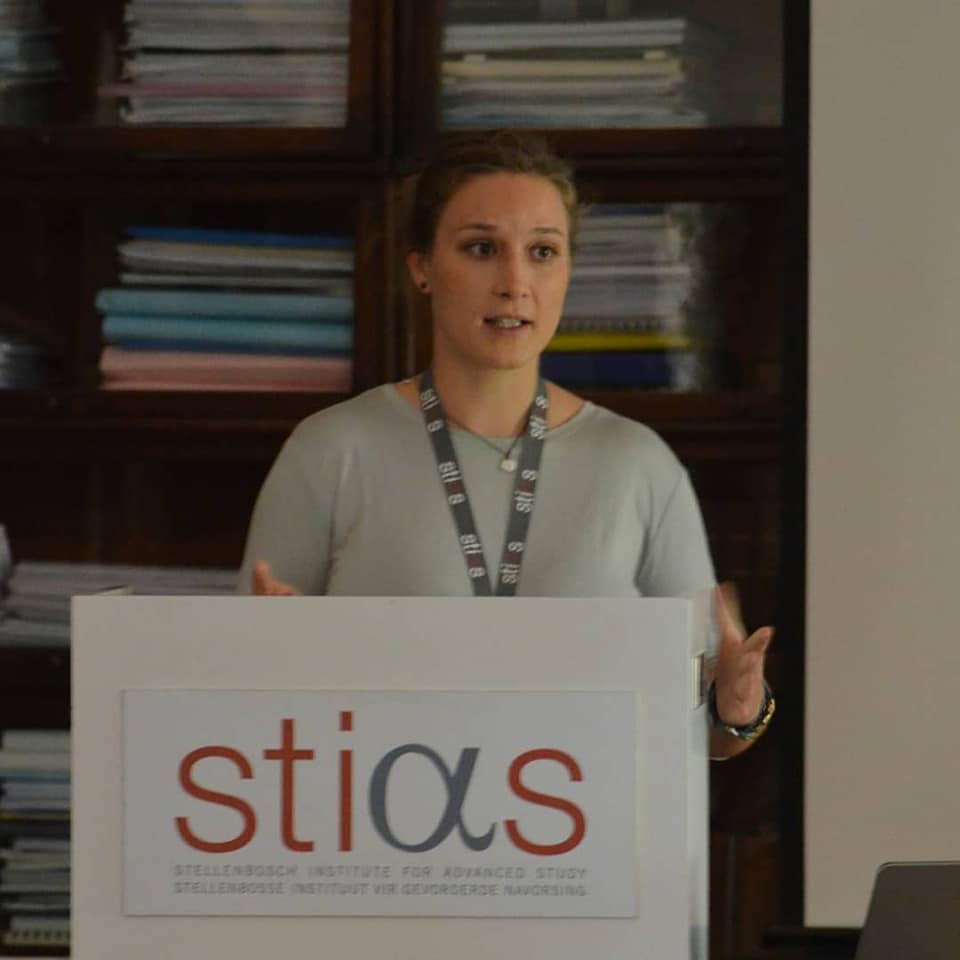
In order to get first insights into those concepts, as some of you might remember, I recorded interviews at the EUDEC Conference in Greece. I went on to transcribing those interviews and analyse them using a QDA (Qualitative Data Analysis) software. The software helps with categorising the contents of the interviews, for example, there can be multiple answers that fit into the category of Helping Others or Stepping out of one’s Comfort Zone. This helps with identifying the main elements of the achievement concepts analysed. All the categories were really interesting, but in order to not bore you out of your mind, I’ll focus on a couple of the main aspects. I’ll happily answer more detailed questions should you have some!
All the smaller categories (“codes”) could be sorted into two main categories: Self-validation and validation by others. The decisive feature for distinguishing them is where the point of reference is according to which the interviewee identified an action or outcome as an achievement. With the first, the interviewee validates their achievement themselves. For the second one, it is validated by others.
Unsurprisingly, the first category was a lot bigger than the validation by others one. In validation by others, there wasn’t a single mention of “mainstream” markers of achievement, such as grades, medals, cups, pay-rises etc. Also, positive feedback by people on a higher hierarchical level (for example in work or education settings) didn’t play a role. Interestingly, feedback by people the interviewee had responsibility for (which usually places them on the same or a lower hierarchical level) was by far the biggest sub-category, thus, it was acutely important to the interviewees. In Self-Validation, the sub-categories were: Personal Growth, including Stepping out of one’s Comfort Zone, Learning Something New and Doing Something for a Long Time, Feeling Relevant, including Actions with a Relevant Effect and Doing Something for Others, Enjoyment, Being True to Oneself, Self Expression through Creating Something, including Art, Something that hasn’t existed before and Something for an Audience, Fostering Community, Autonomy, Taking on Responsibility, Having a Positive Outlook, Making a Decision, Empathising with Somebody Else, Collaborating with Others, Feeling competent, Coping with difficult times/ adverse circumstances/ Challenges, making a meaningful contribution to a bigger idea, feeling in the right place, helping others.
In Validation by Others: Validation by people one has Responsibility for, Validation by Demand and Validation by Experts. The last point, Validation by Experts was mentioned only once. I found this surprising, as learning from Experts plays a big role in Democratic Education, so I would assume that their validation (e.g. in the form of positive feedback) would be very relevant to interviewees. This is something worth looking into in the future.
Another very interesting point was that both Community and Autonomy were regarded as very important and mentioned by almost all interviewees. They were named within the same situations and contexts, and, contrary to, for example, a lot of opinions voiced at the conference, weren’t regarded as mutually exclusive.
All these categories are very interesting because they show the values people in Democratic Education Contexts have. They could be looked at with regard to how constructive those values are for a well-functioning society (I think very), and which aspects of Democratic Education allow people to form them. This could yield important arguments as to why elements of Democratic Education should be included in state education.
With regard to the question I looked at for the conference, diversity, what struck me was that no traditional markers of achievement and success were mentioned. They weren’t mentioned, maybe they aren’t regarded as worth mentioning, yet they most definitely exist. People from Democratic Schools win medals in competitions. They go on into further education and get top grades. They find secure, well-paying jobs. It takes a very privileged background to ignore those factors, and maybe by ignoring them in the narrative of achievement we put out there when we talk about Democratic Education, we inadvertedly exclude those who (think they) can’t ignore those factors, for example because they don’t have a (financial) safety net to fall back on should things go wrong. I have looked at this in detail in the short conference paper I’ve been working on, which will be available as an online publication shortly.
I’d like to conclude with an anecdote from my travels in South Africa after the conference. I was lucky to be able to visit Encotsheni Primary School with Khalil, whom I’ve known since IDEC@EUDEC in Finnland. The school, at which Khalil teaches is in district C of Kayelitsha, one of the biggest Townships in South Africa. I thought I would just be going into classes with Khalil to get an impression of his everyday work. However, he seemed to have other ideas, and I found myself sitting in a room filled with the complete staff of the school, the headteacher giving me a welcome-speech. It dawned on me that I would be expected to reciprocate. It was a bit of a delicate situation, because of course, Encotsheni is not a Democratic School. I only had a few seconds to remind myself what it is we are spending our time and energy on, and the amazing staff at Encotsheni are spending their time and energy on, what we have in common: we are convinced that each child is important, that each child has great potential, and should be treated with respect. That they should have access to a good education in a safe space free from violence. That their human rights should be respected. This is why the teachers at Encotsheni sell doughnuts after school in order to fund the school meals and materials for their students, and this is why we want to improve education in Europe. Yes, we have a lot of improving to do, but we should never forget our very privileged starting point. *** If you speak German, you can read a newspaper article about this here.

